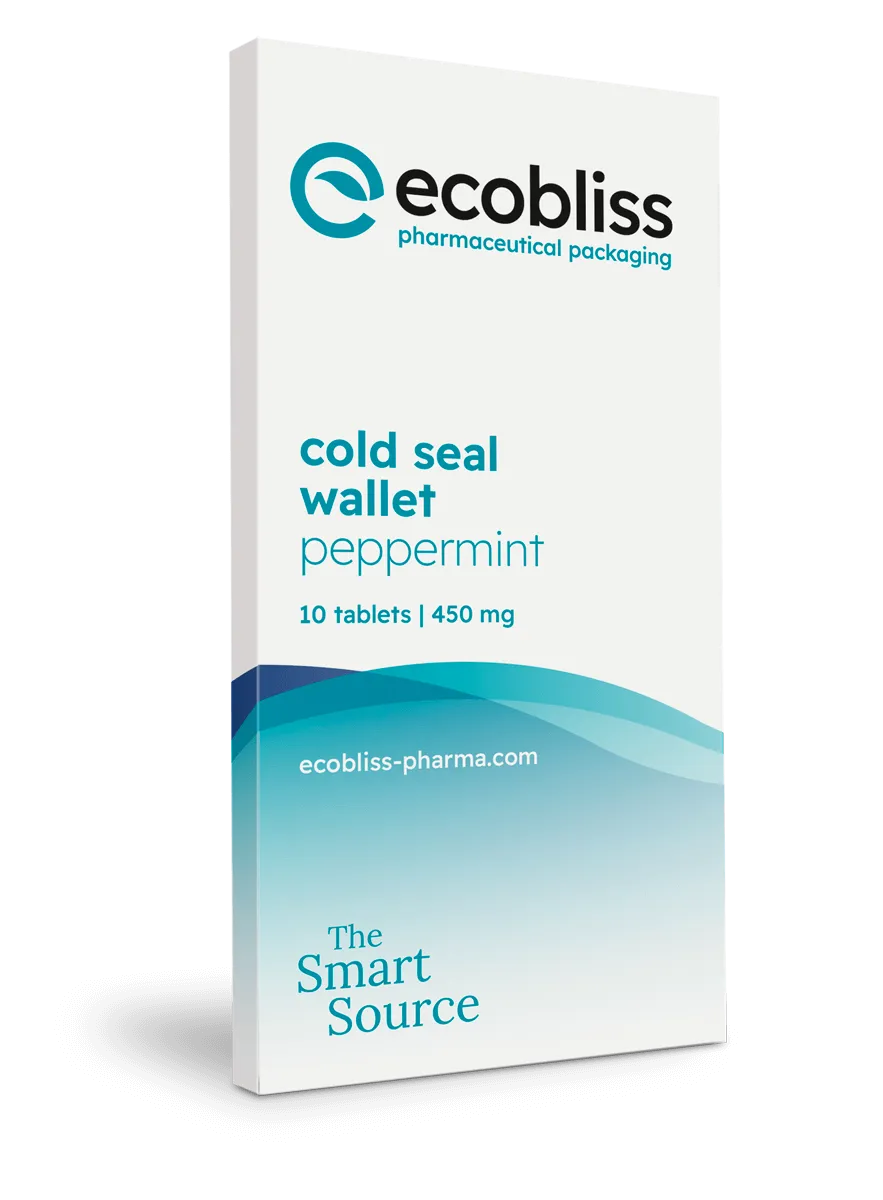Improving patient adherence to medication is crucial for achieving better health outcomes and reducing overall healthcare costs. Despite significant advancements in medical treatments, medication non-adherence remains a persistent issue. Here, we explore effective strategies to enhance patient adherence based on recent studies and expert recommendations.
Understanding the factors influencing adherence
Multiple factors can influence a patient's adherence to their medication regimen. These factors can be broadly categorized into drug-related characteristics, condition-related factors, healthcare system factors, and sociodemographic and patient-related factors.
- Drug-related characteristics: The efficacy of the medication, the complexity of the dosage schedule, and the delivery mechanism significantly impact adherence. Simple, consistent dosing schedules and easy delivery mechanisms (e.g., oral tablets versus injectables) can enhance adherence by making the treatment regimen easier to follow.
- Condition-related factors: The nature of the condition itself, such as chronic versus acute illnesses, and the presence of side effects play a role. Chronic conditions often require long-term medication, which can lead to fatigue and decreased adherence over time.
- Healthcare system factors: The level of support from healthcare providers, the availability of patient education, and follow-up can influence adherence. Integrated care models that involve pharmacists and tailored interventions have shown promise in improving adherence.
- Sociodemographic and patient-related factors: These include the patient's health literacy, socioeconomic status, and personal beliefs about medications. Poor health literacy is a significant barrier, as it affects the patient's ability to understand and follow their treatment regimen.
Strategies to improve patient adherence
- Educational interventions: Educating patients about their condition and the importance of adherence can empower them to take control of their health. Providing clear, accessible information and engaging patients in discussions about their treatment can improve understanding and motivation.
- Simplifying medication regimens: Streamlining medication schedules by reducing the number of doses or switching to long-acting formulations can make adherence easier. Simplified regimens are associated with better adherence and improved health outcomes.
- Technology-driven solutions: Mobile apps and smart packaging that provide reminders and track medication intake can significantly enhance adherence. These technologies can offer real-time alerts and personalized feedback, helping patients stay on track with their medication schedules.
- Pharmacy-based interventions: Involving pharmacists in patient care through medication therapy management (MTM) and appointment-based models can provide tailored support to patients. Pharmacists can offer personalized advice, manage side effects, and ensure that patients understand how to take their medications correctly.
- Behavioral and motivational strategies: Addressing psychological and behavioral barriers through motivational interviewing and goal-setting can help patients commit to their treatment plans. Understanding the patient's personal motivations and aligning treatment goals with their values can enhance adherence.
- Patient-centric packaging: Innovative packaging solutions such as blister packs and wallet packaging with clear labeling, dosing calendars, and child-resistant features can make it easier for patients to manage their medications. Personalized packaging that caters to the specific needs of individual patients can improve adherence by providing clear instructions and ease of use. Ecobliss's solutions, like intuitive blister packs, blister wallets and calendar blister packaging, are designed to enhance user experience and adherence.
Improving patient adherence requires a multifaceted approach that addresses the various factors influencing it. By combining educational, technological, and behavioral strategies, healthcare providers can enhance adherence and achieve better health outcomes for patients. Need help or assistance with patient centric packaging? We are just one message away!
Request a free sample now!










